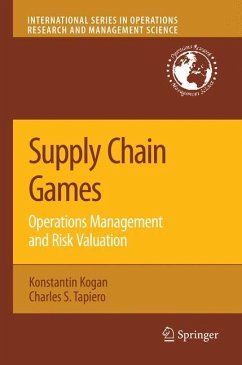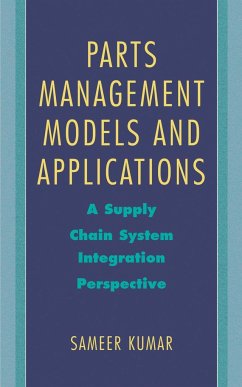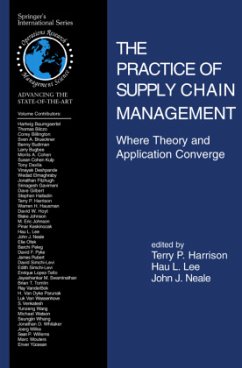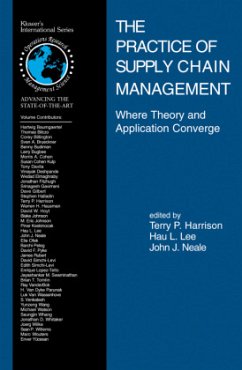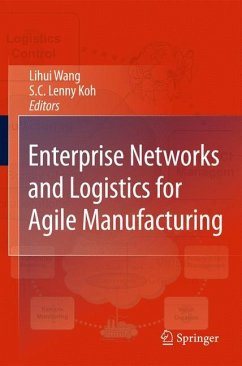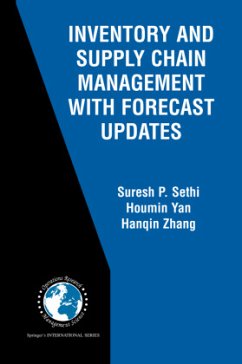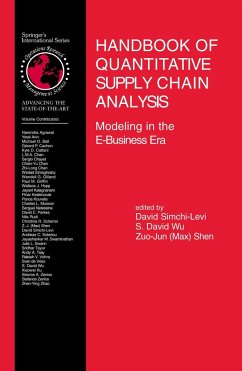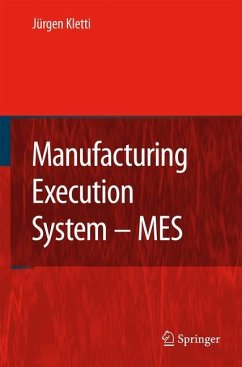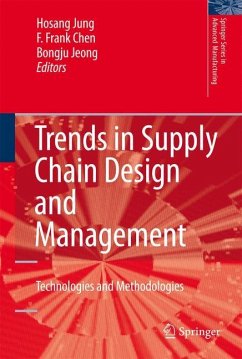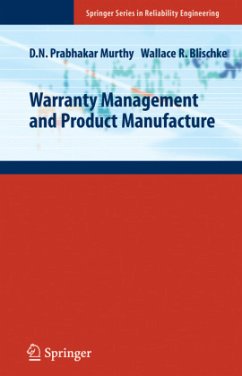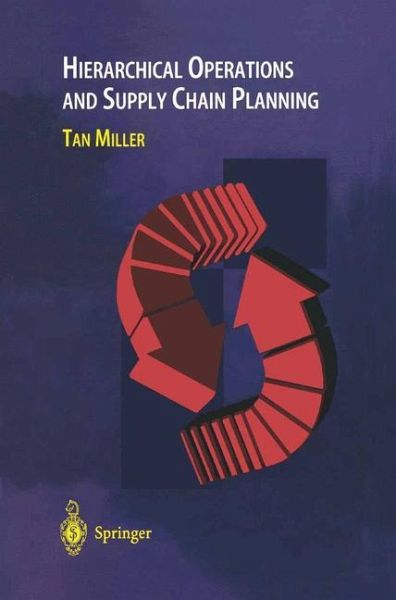
Hierarchical Operations and Supply Chain Planning
Versandkostenfrei!
Versandfertig in 6-10 Tagen
113,99 €
inkl. MwSt.
Weitere Ausgaben:

PAYBACK Punkte
57 °P sammeln!
Hierarchical and Supply Chain Planning describes the application of hierarchical planning techniques to all major functional areas of supply chain planning, including production, distribution, warehousing, transportation, inventory management, forecasting and performance management.The book reviews well-known, original hierarchical production planning techniques and implementations dating back several decades and numerous more current hierarchical planning methods and applications covering an array of supply chain activities. A number of novel hierarchical planning techniques and algorithms co...
Hierarchical and Supply Chain Planning describes the application of hierarchical planning techniques to all major functional areas of supply chain planning, including production, distribution, warehousing, transportation, inventory management, forecasting and performance management.
The book reviews well-known, original hierarchical production planning techniques and implementations dating back several decades and numerous more current hierarchical planning methods and applications covering an array of supply chain activities. A number of novel hierarchical planning techniques and algorithms covering different components of supply chain planning are offered as is an original approach for integrating supply chain measurements into systems such as the balanced scorecard which evaluate total firm performance.
The book covers the interests of private industry practitioners, academic researchers, and students of operations, logistics and supply chain management and planning.
The book reviews well-known, original hierarchical production planning techniques and implementations dating back several decades and numerous more current hierarchical planning methods and applications covering an array of supply chain activities. A number of novel hierarchical planning techniques and algorithms covering different components of supply chain planning are offered as is an original approach for integrating supply chain measurements into systems such as the balanced scorecard which evaluate total firm performance.
The book covers the interests of private industry practitioners, academic researchers, and students of operations, logistics and supply chain management and planning.





